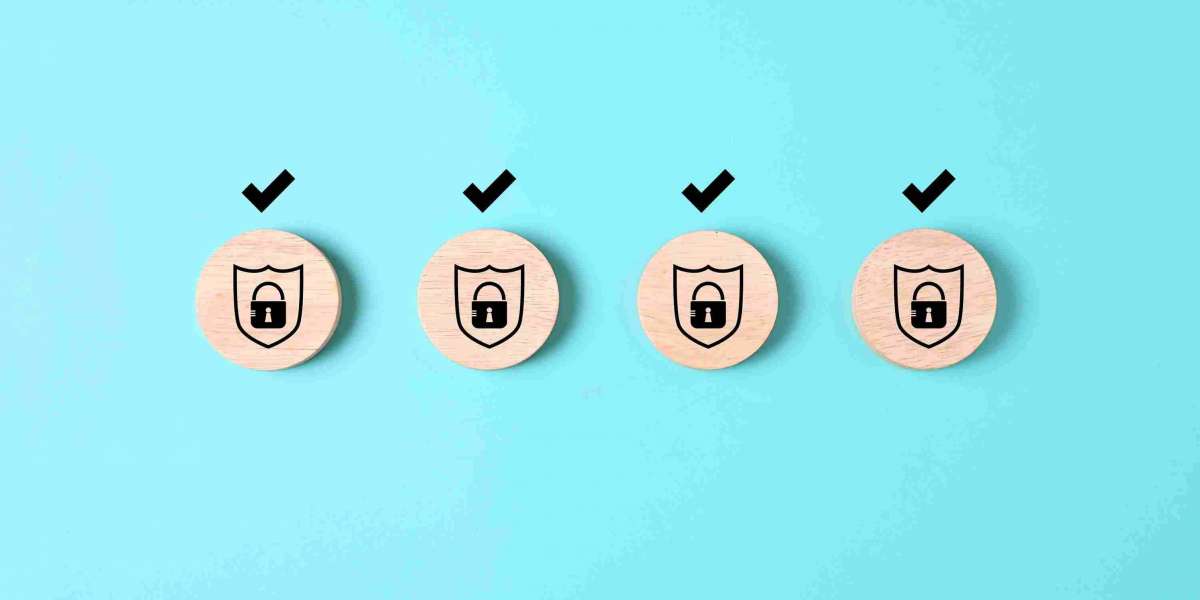In the current digital environment, the Domain Name System (DNS) is essential for linking consumers to websites and services, but it also poses serious security threats. To initiate attacks, steal information, and interfere with services, cybercriminals frequently make use of DNS vulnerabilities. It's crucial to have strong DNS security procedures to shield your company from these dangers.
Using dedicated DNS servers, setting up DNS firewalls, turning on important security features like DNSSEC, and routinely servicing your DNS infrastructure are all part of this. Furthermore, threat mitigation services might offer an additional line of defence. To protect your company from DNS security threats and guarantee network security, we'll go over these tactics in this article. So, stay with us here and keep reading below.
Top 5 Ways to Protect Your Organization from DNS Security Risks
A common nickname for DNS (Domain Name System) is the "phonebook of the internet." Translating domain names that are legible by humans into IP addresses that are readable by machines is a crucial service. Because DNS plays such an important function, it is a prime target for hackers. DNS vulnerabilities, if left unchecked, may expose your company to dangerous risks including data exfiltration, DNS spoofing, and DDoS assaults. Using a dedicated DNS server, setting up a DNS firewall, installing DNS security features, maintaining your DNS server, and using threat mitigation services are the 5 best ways to safeguard your company from DNS security threats that we will discuss in this article. So, dig deeper into this article to reveal the notion.
Use a Dedicated DNS server
Using a dedicated DNS server is one of the first steps in protecting your company against DNS-related attacks. Many businesses use shared DNS servers that are offered by ISPs or other third parties. Despite their convenience, shared servers are susceptible to assaults that target several users. More control over security settings is possible with a dedicated DNS server, which lowers vulnerability to typical attacks like DNS cache poisoning and DNS hijacking.
You can put stronger security measures in place, keep a closer eye on traffic, and spot irregularities faster if you have your own dedicated DNS server. For this, most people opt for Managed Security Services to protect your network from the DNS threat.
DNS Firewall
Another effective defence against DNS-based assaults is a DNS firewall. DNS firewalls assist in preventing users from visiting known harmful domains and blocking malicious traffic. By intercepting DNS requests and comparing them to a database of malicious or dubious sites, they serve as a go-between for consumers and the internet.
The firewall analyzes a DNS query to assess the security of the requested domain. The firewall can restrict access and stop phishing attempts, malware downloads, and botnet communication if the domain is deemed risky. By taking a proactive stance, you may prevent attacks from entering your network.
Configure DNS security features
Enabling important DNS security features is necessary to secure your DNS configuration. One of the most crucial is DNSSEC (Domain Name System Security Extensions), which verifies that DNS answers are valid and unaltered. By adding cryptographic signatures to DNS data, DNSSEC stops hackers from changing DNS entries or sending users to dangerous domains.
You may also restrict who has access to your DNS servers by putting access control lists (ACLs) into place. By limiting access to your DNS infrastructure to trustworthy people and systems, ACLs lower the possibility of misuse or illegal access.
Maintaining DNS server (Updating, auditing)
It takes constant monitoring, upgrading, and auditing to keep your DNS server secure. You should patch and upgrade your DNS server regularly to address vulnerabilities, just like you would with any other important system. Keeping your server updated is essential to defending against emerging risks since cybercriminals frequently take advantage of out-of-date DNS software.
Conducting audits of your DNS traffic and setup is crucial in addition to routine upgrades. DNS logs may give you important information about how your network is operating and can be used to spot any unusual or suspicious activities. You may identify any illegal modifications to DNS records and make sure security configurations are applied appropriately with the aid of routine audits.
Use Threat mitigation service
It may not be enough to safeguard your DNS with internal resources alone in the current cyber threat environment. Another degree of security may be added by utilizing outside threat mitigation services. These services are intended for real-time DNS threat detection, analysis, and mitigation.
Generally speaking, threat mitigation services keep an eye on global DNS traffic trends and spot new dangers that might affect your network. They can, for example, identify distributed denial-of-service (DDoS) assaults that try to overload your DNS servers and interfere with business activities. To prevent damage from assaults, these services frequently incorporate DDoS defence mechanisms designed especially for DNS servers. For this, you can invest in managed security services to spot and remove all the vulnerabilities from your network.
Wrapping Up
The availability and integrity of your company's network depend on the security of your DNS infrastructure. You can shield your company from a variety of DNS security threats by adhering to best practices like using a dedicated DNS server, putting DNS firewalls into place, configuring security features like DNSSEC, keeping your server updated and audited, and using external threat mitigation services. Proactive DNS security solutions can help protect your network and data from bad actors as DNS-based threats continue to develop.







